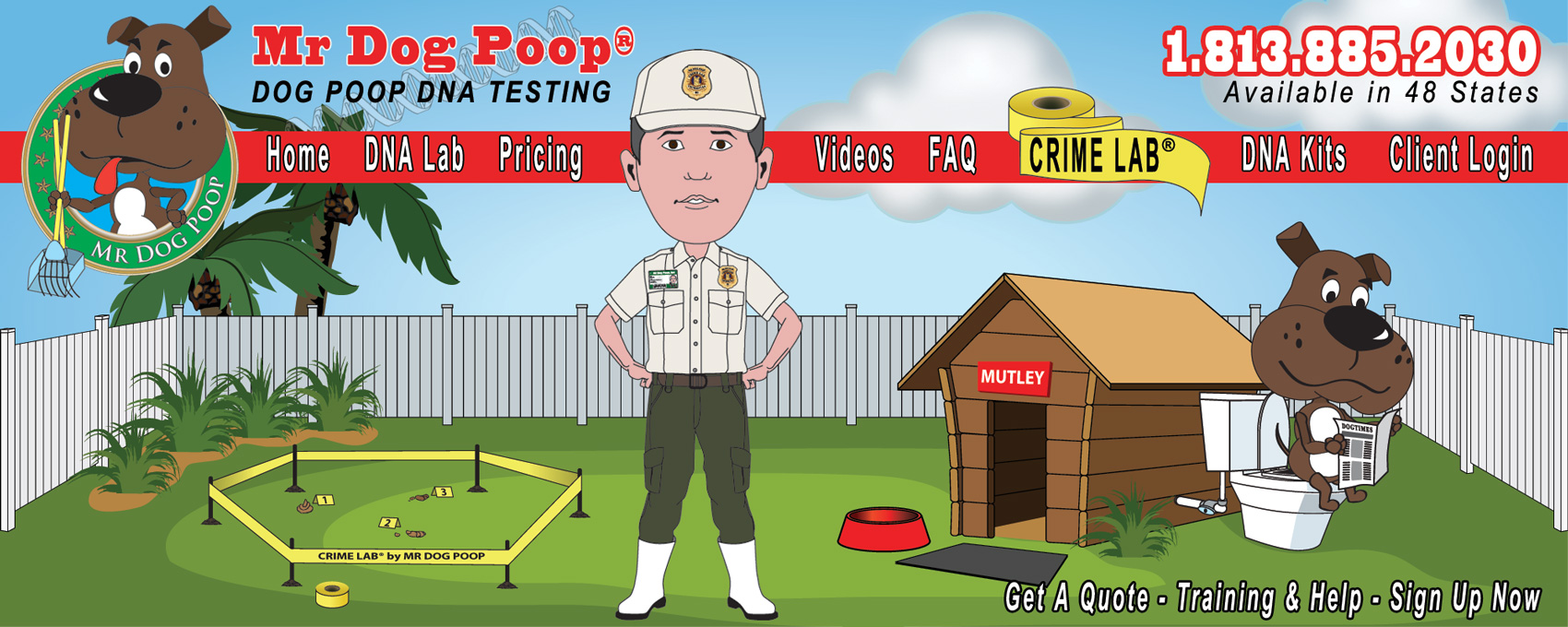Dog Vaccines
It is important that dogs are vaccinated to prevent them from becoming sick. Of course cleaning and disinfecting your yard regularly is a big help in preventing the spread of disease however, without proper vaccinations dogs will likely contact easily preventable diseases.
We ask that you maintain a strict vaccine routine to insure the safety of all of our Dog Poop Techs that may interact with your pets and prevent any possibility to transmitting diseases to other pets. There is a real concern over rabies which is deadly to both pets and humans and can be avoided with a simple vaccination and annual booster shots.
Below is a list of vaccines recommended for your dogs provided by the SPCA.
Dog Vaccine |
Initial Puppy Vaccination (at or under 16 weeks) |
Initial Adult Dog Vaccination (over 16 weeks) |
Booster Recommendation |
Comments |
Rabies 1-year |
Can be administered in one dose, as early as 3 months of age. States regulate the age at which it is first administered. |
Single dose |
Annual boosters are recommended. |
Core dog vaccine. Rabies is 100% fatal to dogs, with no treatment available. Prevention is key. |
Rabies 3-year |
Can be administered as one dose, as early as 1 year of age. States regulate the age at which it is first administered. |
Single dose |
A second vaccination is recommended after 1 year, then boosters every 3 years. |
Core dog vaccine. |
Distemper |
At least 3 doses, given between 6 and 16 weeks of age |
2 doses, given 3-4 weeks apart |
Puppies need a booster 1 year after completing their initial series, then all dogs need a booster every 3 years or more. |
Core dog vaccine. Caused by an airborne virus, distemper is a severe disease that, among other problems, may cause permanent brain damage. |
Parvovirus |
At least 3 doses, given between 6 and 16 weeks of age |
2 doses, 3-4 weeks apart |
Puppies need a booster 1 year after completing the initial series, then all dogs need a booster every 3 years or more. |
Core dog vaccine. Canine &ldquoparvo&rdquo is contagious, and can cause severe vomiting and bloody diarrhea. Parvo is usually fatal if untreated. |
Adenovirus |
At least 3 doses, between 6 and 16 weeks of age |
2 doses, 3-4 weeks apart |
Puppies need a booster 1 year after completing the initial series, then all dogs need a booster every 3 years or more. |
Core dog vaccine. Spread via coughs and sneezes, canine hepatitis can lead to severe liver damage, and death. |
Parainfluenza |
Administered at 6-8 weeks of age, then every 3-4 weeks until 12-14 weeks old |
1 dose |
A booster may be necessary after 1 year, depending on manufacturer recommendations; revaccination every 3 years is considered protective. |
Non-core dog vaccine. Parainfluenza infection results in cough, fever. It may be associated with Bordetella infection. |
Bordetella bronchiseptica (kennel cough ) |
Depends on the vaccine type; 2 doses are usually needed for protection. |
1 dose of the intranasal product or 2 doses of the injected product |
Annual or 6-month boosters may be recommended for dogs in high-risk environments. |
Non-core dog vaccine. Not usually a serious condition, although it can be dangerous in young puppies. It is usually seen after activities like boarding or showing. |
Lyme disease |
1 dose, administered as early as 9 weeks, with a second dose 2-4 weeks later |
2 doses, 2-4 weeks apart |
May be needed annually, prior to the start of tick season |
Non-core dog vaccine. Generally recommended only for dogs with a high risk for exposure to Lyme disease-carrying ticks. |
Leptospirosis |
First dose at 12 weeks; second dose 4 weeks later |
2 doses, 2-4 weeks apart |
At least once yearly for dogs in high-risk areas |
Non-core dog vaccine. Vaccination is generally restricted to established risk areas. Exposure to rodents and standing water can lead to a leptospirosis infection. |
Canine influenza |
First dose as early as 6 weeks; second dose 2-4 weeks later |
2 doses, 2-4 weeks apart |
Yearly |
Non-core
dog vaccine. |
|
||||||||||||||
©2014-2024
Mr Dog Poop Inc |





